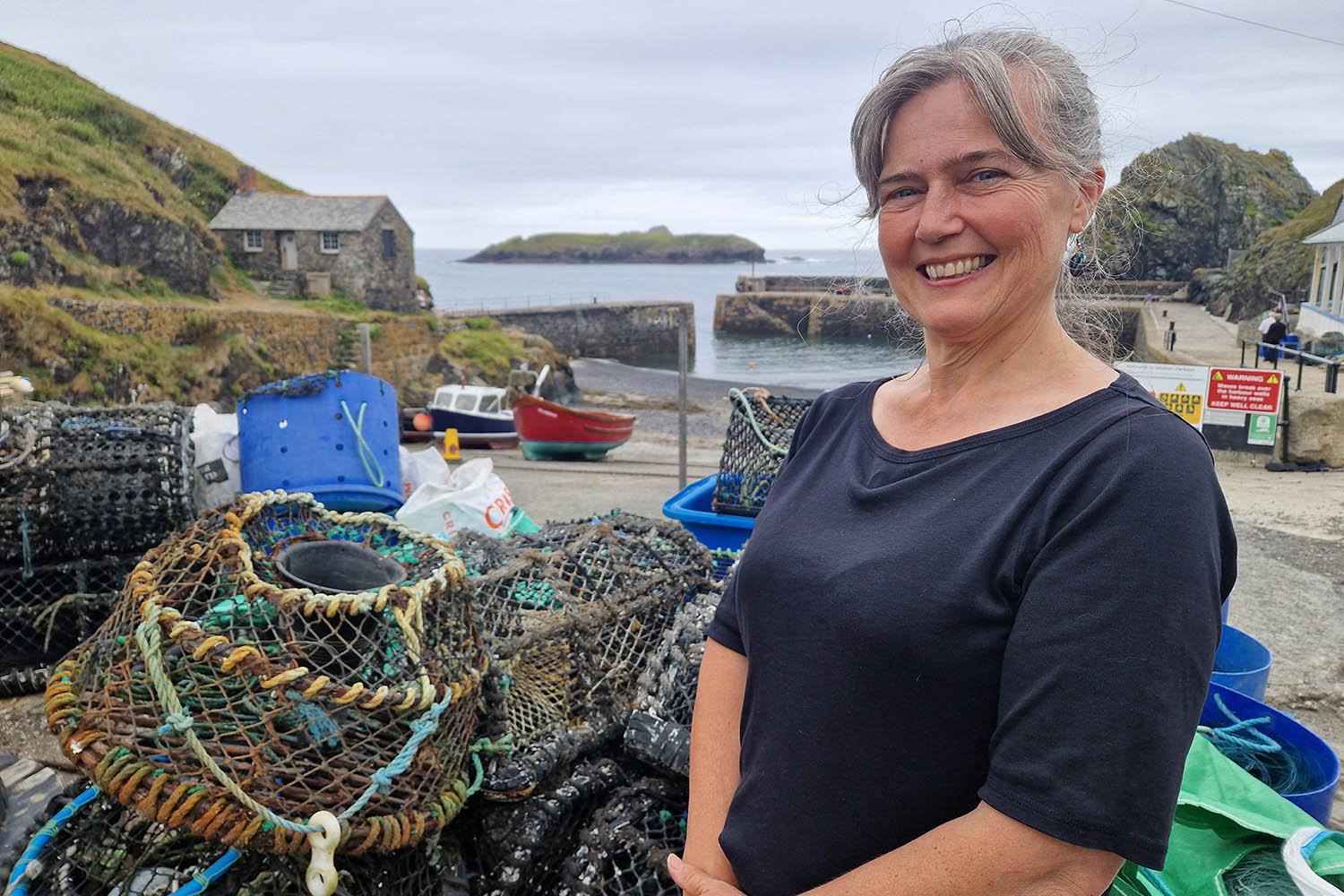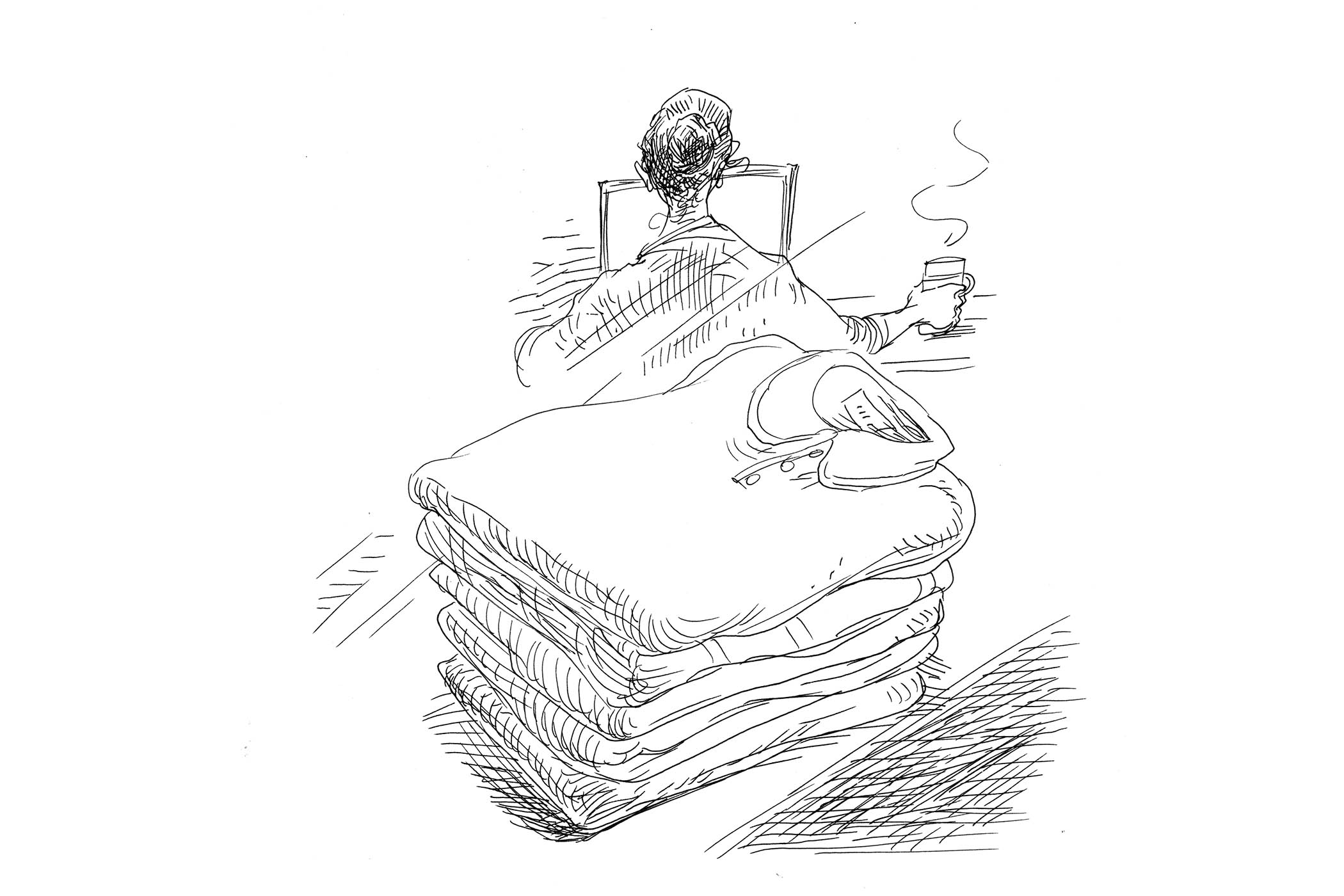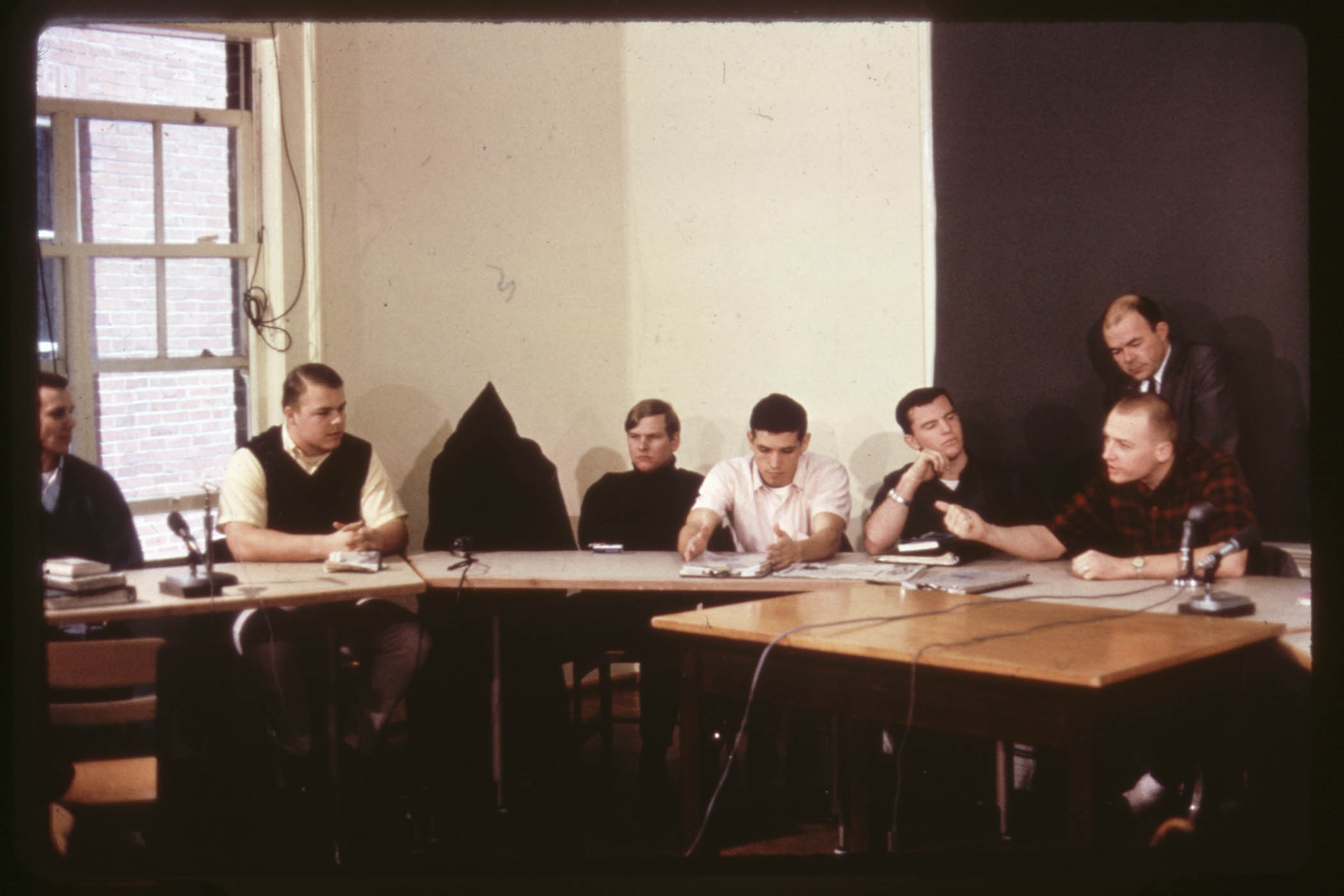When Joanna Cocking, 51, found out that there was a reference to her Cornish beach cafe in The Salt Path, she was shocked to learn that the owner was depicted as a bully.
“When I got sent the bit of the book that we were in, I just felt sick. I just wanted to write to the publisher and say: ‘You can't write this.’”
She was sure there must be some mistake until she realised that none of the details in The Salt Path matched her establishment.
The bestselling memoir, recently adapted into a film, was presented as a true story by its author, Raynor Winn. But a recent investigation by The Observer, and claims from individuals connected to Winn and her husband, Timothy – known as Moth – suggest that significant details were omitted or exaggerated.
In the book – which publisher Penguin (Michael Joseph) has described as “unflinchingly honest” – Winn describes how, having lost their home and with nowhere else to go, the couple walked the 630-mile (1,014km) South West Coast Path, free-camping along the way.
‘When I read that, I was thinking: “That can't be us.” I was absolutely mortified’
‘When I read that, I was thinking: “That can't be us.” I was absolutely mortified’
Joanna Cocking, cafe owner
At one point they stopped at a cafe in Mullion Cove, a pretty harbour on the Lizard peninsula in Cornwall. “A man in his 20s waited tables, cleared tables, politely dealt with grumpy customers, cut cakes, swept the floor,” Winn writes, before she describes the arrival of the angry owner.
“What the fuck do you think you’re doing? There’s two tables out there uncleared. What do I pay you for? You’re fucking lazy.”
According to the book, the waiter gives the couple a free panini each before announcing that he is quitting. In Winn’s account, the young man then locks up and drops the key through the letterbox.
“When I read that, I was thinking: ‘That can't be us.’ I was absolutely mortified,” said Cocking. “She never named the cafe but she might as well have because there is only one cafe in this cove.”
According to Cocking, the fact that there is a cafe in Mullion Cove is the only thing in Winn’s description that is accurate. “No one could sweep the floor [in the cafe] because it's been carpeted for years. My mum, who owned it, was a typical old Cornish woman and she never swore or spoke like that,” said Cocking. “She was in there all day and no way would Mum let a youngster lock up.”
Newsletters
Choose the newsletters you want to receive
View more
For information about how The Observer protects your data, read our Privacy Policy
Cocking says there have been few male waiting staff over the years and nobody has walked out. There is no letterbox in the door and the cafe has never served paninis.
Bonnie Abingdon, 47, who has worked in the cafe for four years, says she was warned by people who had read Winn’s description of the mean boss not to take a job there. “ As soon as I started working here, I realised [the description in The Salt Path] couldn’t have been anything to do with them,” she said.
Abingdon found Winn’s email address on the author’s website and wrote to her to ask her to explain the inaccuracies, but she says she never received a response.
“ I don’t think she ever came to our cafe, I really don’t,” said Cocking.
The couple’s walk is at the very heart of all three of Winn’s books, but it seems their stop in Mullion Cove is not the only part of their journey being called into question.
“We found ourselves sitting in a dismal bar overlooking a concrete walkway where children dodged waves as they broke over the sea wall.” Early in The Salt Path, Winn describes the couple attending a pub quiz in Westward Ho!, a small village on the north Devon coast.
Rob Braddick, the owner of the Fairway Buoy, the only pub fitting Winn’s description, says the pub has never hosted any kind of pub quiz.
Fifteen miles across the peninsula is the Treen Farm campsite. In chapter 16 of The Salt Path, Winn describes how the couple stumbled into it late at night and hoped to sneak off in the morning before being asked to pay.
The man who oversaw the campsite at the time, who goes by the name Tadge, does remember the couple but says their description of his encounter with them is highly misleading.
Winn writes that he accosted them in the morning before they could escape, warning them that camping without paying was “space theft”. She refers to him as “a shell of laid-back hippy cool, but underneath a frustrated box ticker”.
“I just saw them lying on some benches at around 10 o’clock in the morning and all their stuff was scattered about,” said Tadge. “They were quite strange and a bit rude.”
He says he told them to head to the office to pay, but says that had the campsite known about the couple’s circumstances, it would have let them stay for free. The campsite does not charge people walking as part of a charity event or in other specific circumstances.
Tadge lives in a teepee pitched in a meadow, off-grid and without electricity, running water or phone reception. He makes his living taking people wild food foraging and claims he would never use a term such as “space theft”.
“My friends found it very amusing,” he said. “And I’m not a frustrated box ticker. But I’m not sure if she [Winn]has a conscience, this one.”
Throughout The Salt Path – a book apparently about finding peace in nature – many of Winn’s portraits of the people she and her husband meet along the way tend to be ungenerous. Even in cases when people are offering the couple free places to stay, they are seen as wanting to take something from them, and invariably Winn and Moth are painted as victims.
Winn’s other books are less clear on the exact establishments the couple visited, but her third book, Landlines, describes how they stopped at a cafe in the Scottish village of Kinlochbervie, only to find that the establishment was unwelcoming to visitors.
Winn writes: “‘You canna come in here… We can’t have outsiders coming in the cafe. We’ve managed to stay clear of Covid, so we’re not going to let it in now… Most of the shops and cafes and nearly all of the hotels around here are still closed; you’re lucky we’re open at all.’”
Speaking to The Observer, both cafes in the village said that they remained closed throughout lockdown. The owner of the Quay House, who did not want to give her name, said “that absolutely could never have happened – our staff would never treat anyone like that”.
And Tanya Morrison of the Worth a Look cafe said local people and visitors could equally spread the virus. “When we reopened, everyone was allowed in. It doesn’t matter if you are from the area or not – we treat everyone the same.”
No memoir can be expected to recall every detail of a life with perfect accuracy, and perhaps in other circumstances, these mistakes would be forgivable. But seen in the context of the serious distortions in Winn’s account, which sought to paint her as a victim and to hide the criminal allegations against her, they add to the sense she is an unreliable narrator and have cast everything into doubt.
Experienced walkers have also begun to question if the couple carried out the challenging hikes in the way that Winn describes in her books, interrogating via online forums everything from their diet to the equipment they were carrying.
But Paddy Dillon, who has written the definitive guide to walking the South West Coast Path and whose book is referred to several times in The Salt Path, said: “You meet plenty of people who are really quite unfit, and possibly unwell, who are still coping.” He describes meeting two elderly ladies in their 70s who did not even have a tent but managed the walk, sleeping outdoors every night.
“I don’t think it’s possible to say they couldn't have walked it because he was ill,” said Dillon, but added: “I don't think you could do the walk on that sort of restricted food intake [mentioned in the book] for weeks on end. I think you can do it for a few days, but you do need to eat some decent food to build up your reserves.”
Via her lawyers, Winn said to The Observer: “The Salt Path is an honest account of what we lived through on the path, and I stand by it.”
She previously stated on her website that her book was not about every event or moment in her and her husband’s lives, “but rather about a capsule of time when our lives moved from a place of complete despair to a place of hope. The journey held within those pages is one of salt and weather, of pain and possibility.
“And I can’t allow any more doubt to be cast on the validity of those memories, or the joy they have given so many.”
Photograph by Tim Williams/The Observer



